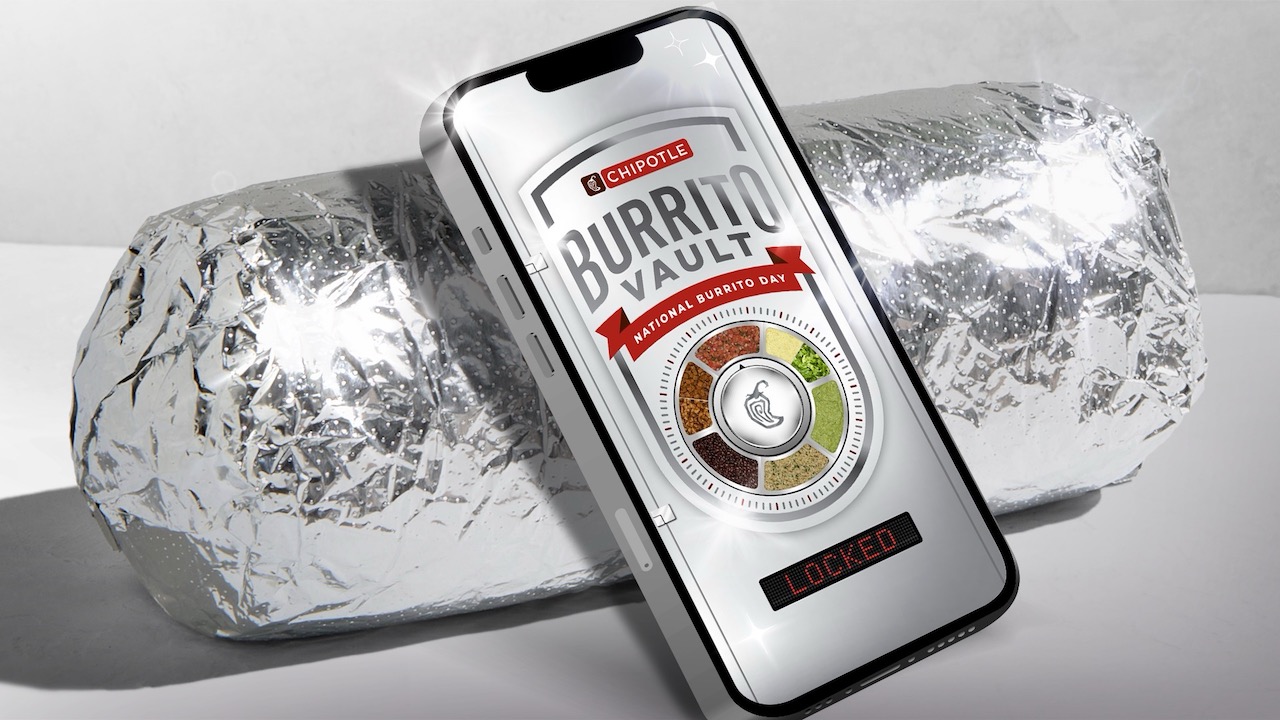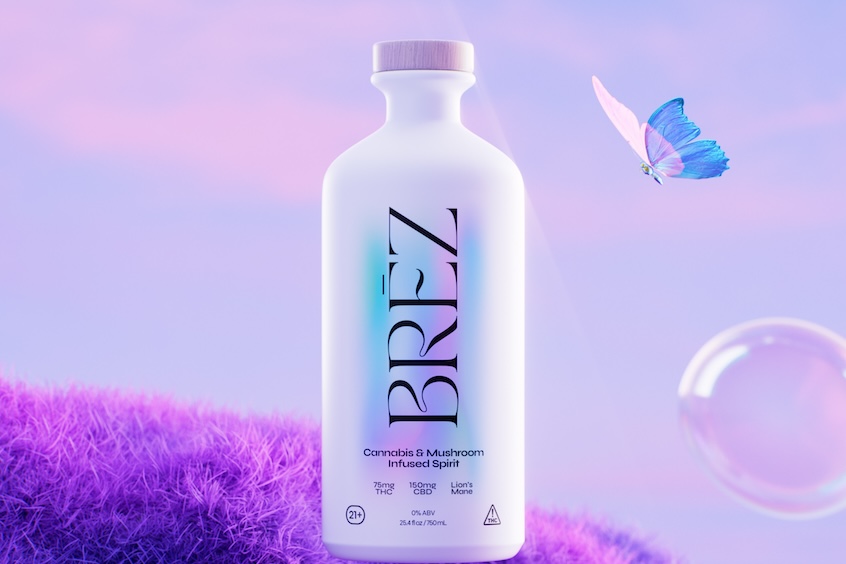Alcohol Can Produce The Same Biological Effects As Meditation

An infographic by Now Sourcing on Winebags.com illustrates the history of alcohol consumption and its function in modern society. It’s no secret today that we drink to celebrate anything and everything, and alcohol has become a major component of any kind of social gathering. The million dollar question is whether or not alcohol makes you happy, and if it does, why?
They tell us that the “first buzz” happened 10 million years ago when humans ate rotten fruit that had fermented. 6,000 years ago Egyptian slaves were given beer while building the pyramids, and years later wine was freely distributed to the public in Rome.
Drinking culture is a concept that differs from country to country. In Germany, the well known Oktoberfest is a festival surrounding beer that is celebrated for an entire month. In Spain, bars are so family-oriented that they allow children to enter, and in America, what kind of drink you order at a bar seems to tell an entire story about what kind of person you are.

The conclusion they have come to is that alcohol in today’s society has its fair share of benefits, as well as its downfalls. They acknowledge that it is often abused which leads to negative outcomes and depleted endorphins, but also that it’s consumption in moderation can release endorphins.
Endorphins are chemicals in the brain released also while exercising, meditating, and when we are exposed to sunshine. These chemicals (and probably the sheer intoxication factor) are responsible for the heightened feelings of happiness and confidence and lowered inhibitions. Basically, it’s our body’s natural way of feeling “high.”
So are we saying that drinking alcohol is equivalent to getting some good ol Vitamin D, or as good for you as regular exercise? Well, maybe not in every situation, but in moderation (1-2 drinks a day) it definitely has its benefits. Other benefits of drinking alcohol as suggested by the graphic include, lowering the risk of heart disease, improving libido, and compared to non-drinkers, may reduce the risk of Alzheimers, dementia, and type 2 diabetes.
Photo Credit: MonsterMott, WineBags.com























